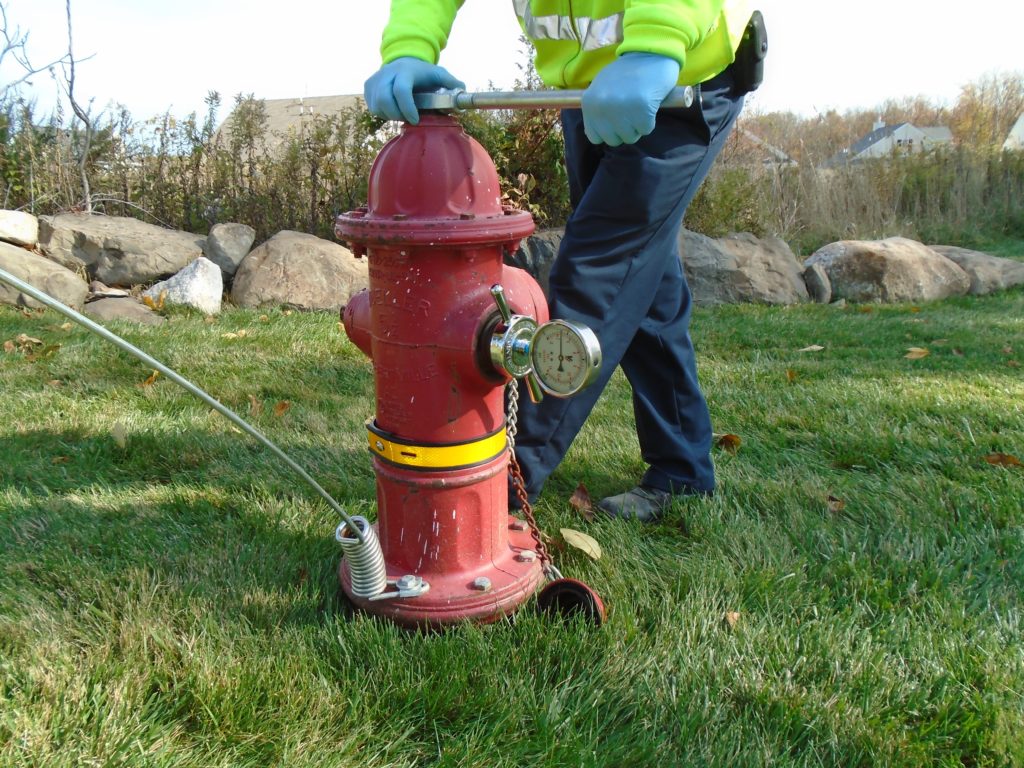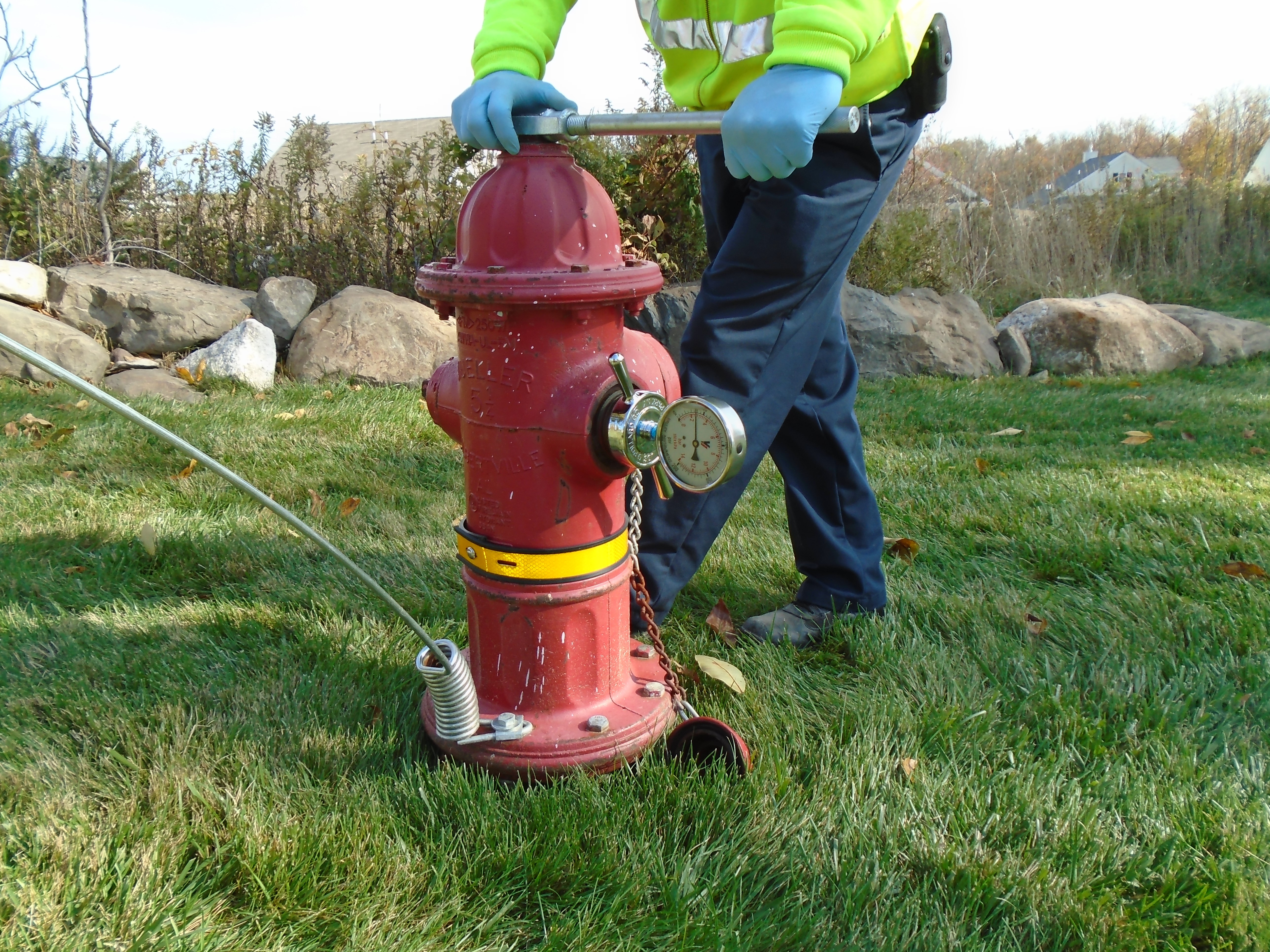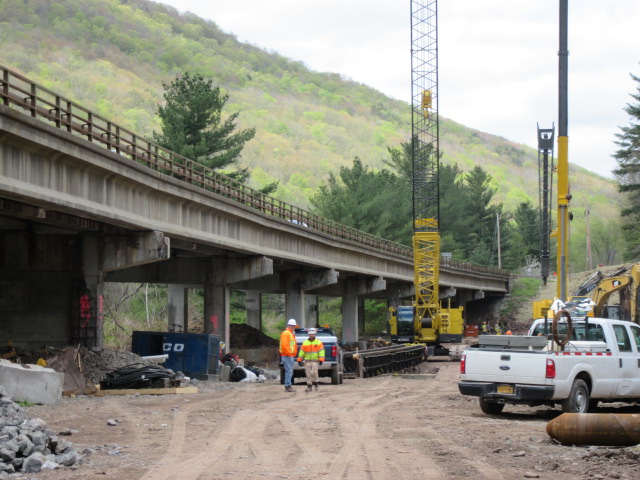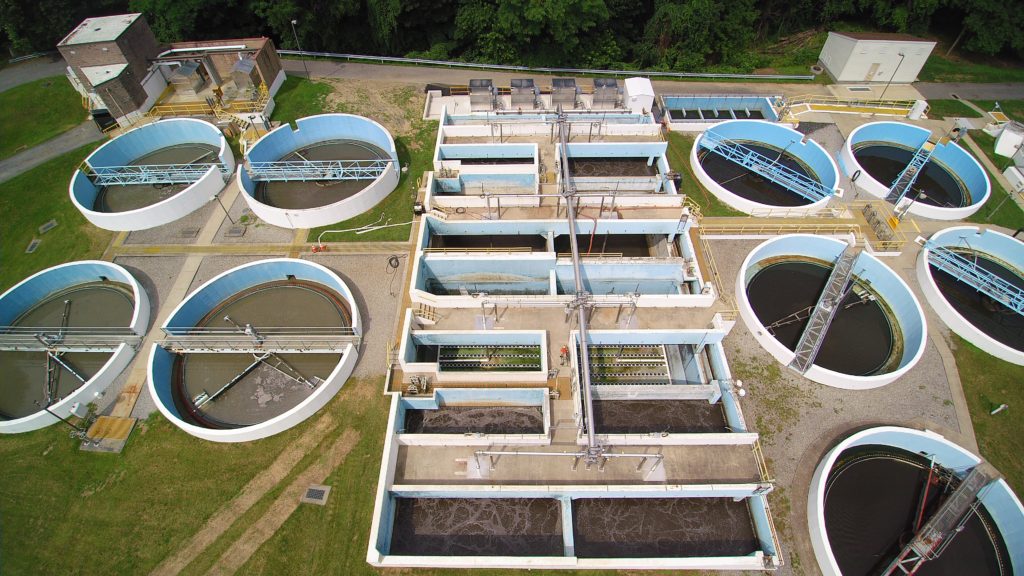America’s infrastructure is in desperate need of repair. The American Society of Civil Engineers gave this nation’s current infrastructure a score of D+ on its recently released Infrastructure Report Card. While New York scored a slightly more respectable C-, our state – and the Hudson Valley region – must continue to move forward on improving our infrastructure.
We’ve all seen photos and news reports about the struggles of the people in Flint, MI, many of whom have suffered from adverse health conditions due to the poor quality of their local water source. But even closer to home is the water crisis in Newburgh, where the water has been found to be contaminated with PFOS, a toxic substance that has been traced back to a retention pond at Stewart Air Force Base.
In light of recent hurricanes and superstorms, our water and sewer infrastructure must not only be repaired, it must be modified or redesigned to be resilient in the event of future weather disasters.
Positive train control must be installed on trains across the state. Too many recent accidents could have been prevented by this simple tool. It’s crucial to passenger safety and is a no-brainer.
In Dutchess County, there has been a recent controversy over whether to consolidate the City of Poughkeepsie’s bus system with the county’s public bus system. What should not get lost in the debate is concern for how this potential move will affect passengers who rely on public transportation to go to doctor appointments, buy groceries, and more. Whatever decision is made regarding this important piece of infrastructure, it must best serve the residents of the City of Poughkeepsie.
Deteriorating roads and bridges don’t just affect the safety of drivers, they are ultimately an economic problem. Poor road and bridge conditions can have a negative impact on tourism and travel. In addition, it can cause a delay in or increase the cost of the delivery of goods and services, and stunt growth or development. Poor road and bridge conditions are liabilities to the governments that maintain them and a danger to the people who drive them.
This is just a basic overview of some of our infrastructure needs. So what can be done to address these needs?
For starters, our politicians must understand that infrastructure is a bipartisan issue. No matter what side of the aisle we find ourselves seated on, everyone can agree that our bridges, roads, water, and transportation systems are important components to our ability to grow and thrive, and more importantly to our basic quality of life.
Local and state officials must seek out federal funding, as well as state and federal grants.
Infrastructure is not something that can be addressed once and then ignored. Like a car, which needs to be constantly maintained, it must be regularly updated and repaired. If our local and federal infrastructure is not maintained, our economy will continue to stagnate and decline.
In commemoration of Infrastructure Week, let’s reach out to our local, state, and federal lawmakers. Tell them that we support investment in infrastructure.
Yes, it will take money to improve our aging infrastructure. And yes, spending the necessary dollars may be a tough pill to swallow, but putting off critical projects will only compound the issues and will wind up costing us so much more in the long run.







